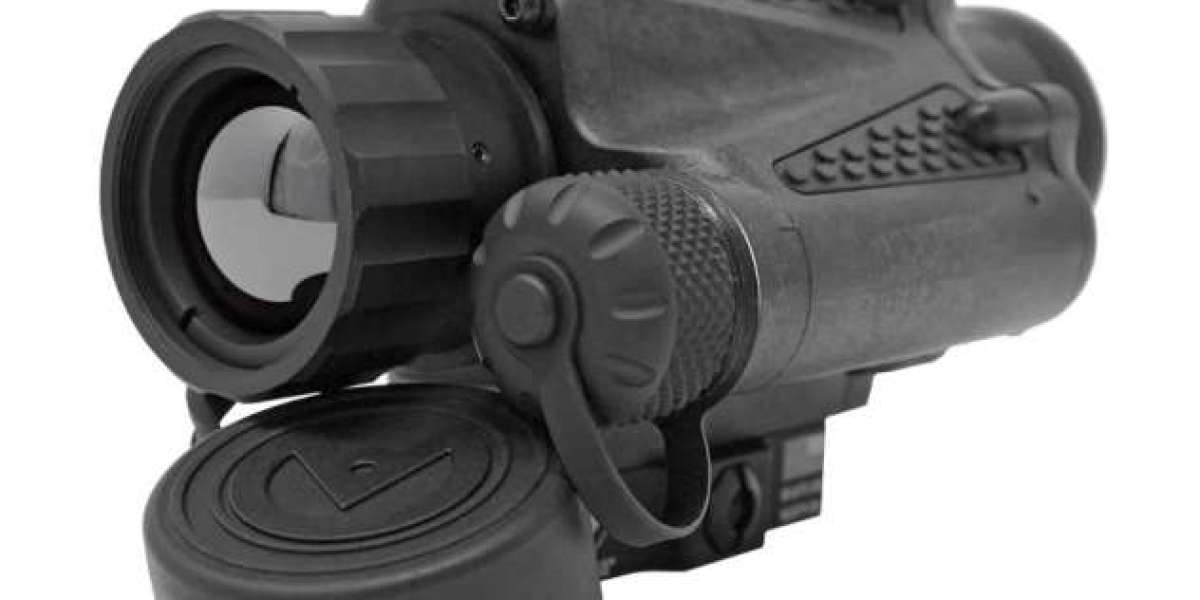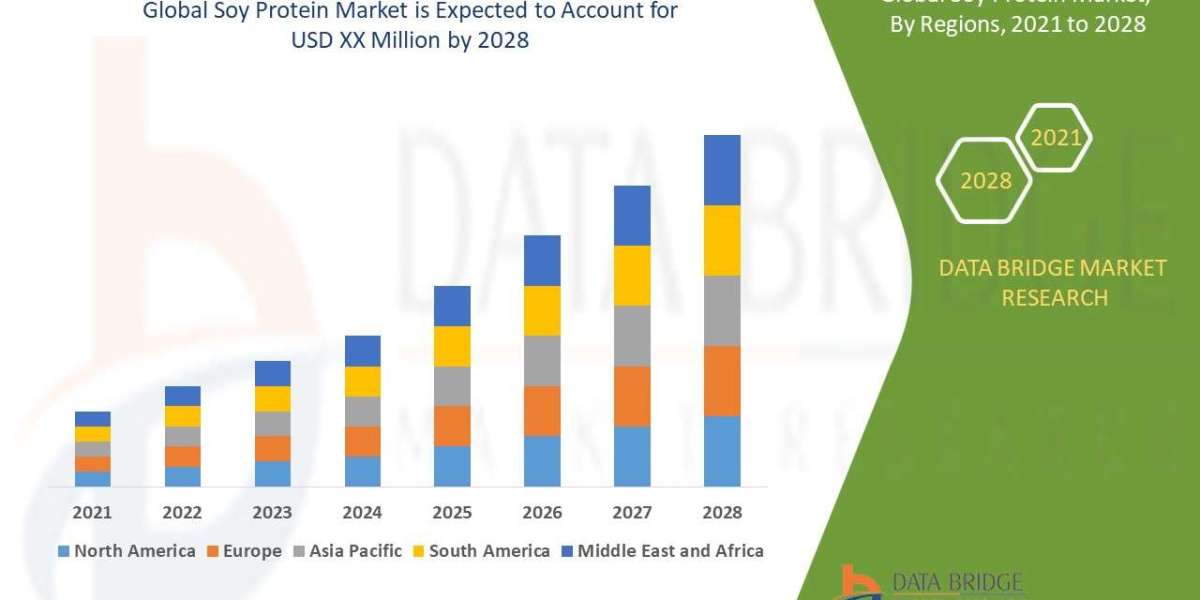Have you ever read a headline about public officials misusing funds or seen questionable government decisions and thought, “Is there anything we can do about this?” Many people share that sense of frustration. Watching misconduct unfold while institutions remain silent can be disheartening. It’s easy to assume that change is out of reach. But that’s where the role of civil society against corruption becomes not just relevant but essential.
When communities participate in holding power to account, things start to shift. Civil society helps push for fairness, transparency, and better use of public resources. It doesn’t rely on top-down change. Instead, it starts from the ground up with engaged citizens, active organizations, and the belief that honest systems are worth fighting for.
What exactly is civil society, and how does it relate to corruption?
Civil society refers to people and groups that organize around shared interests outside of government and businesses. These include nonprofit organizations, journalists, student groups, religious associations, and grassroots movements. They represent the public’s voice when institutions don’t always listen.
In the context of corruption, civil society fills in the gaps. It exposes wrongdoing, encourages responsible governance, and builds a culture where misuse of power is questioned not tolerated. Countries with strong civil organizations tend to have higher public trust and fewer cases of fraud or abuse in public office.
How do civil groups work to reduce corruption?
Civil society tackles corruption in two key ways: through observation and through public advocacy.
Observation involves tracking how resources are used. Independent journalists investigate questionable contracts. Nonprofit groups analyze government budgets. For example, in Kenya, an organization called Africog reviewed procurement records and raised red flags about suspicious spending. Their findings led to a wider investigation and greater awareness among citizens.
Advocacy means pushing for long-term changes in law and policy. In Brazil, civil groups backed a reform known as the “Clean Record Law,” which stops anyone with a prior conviction for fraud or bribery from running for office. That campaign was citizen-led, driven by more than a million signatures.
What happens in places where authorities try to silence civil society?
In many parts of the world, speaking out comes with risks. Groups working against dishonesty may face restrictions, surveillance, or threats. Yet, even under pressure, people find ways to speak up.
In Nigeria, a civic movement called “Follow The Money” tracks how funds are used during emergencies. They publicly share their findings so communities know where aid is going. Even in areas where information is tightly controlled, digital platforms give them a way to stay visible and connected.
Similarly, in Eastern Europe, journalists have built strong online networks to share stories that might otherwise be suppressed. Though it’s not without challenges, many continue their work despite legal or political roadblocks.
Has technology helped civil society do more?
Absolutely. Digital tools have expanded what civil groups can accomplish. With access to open data, citizens can now check budgets, monitor tenders, and compare official statements to actual outcomes.
In India, a public platform allowed residents to anonymously share instances where they were asked to pay unofficial fees. The resulting database showed trends and helped drive public pressure for reform. The tool gave citizens a way to speak safely, and authorities took notice.
In Ukraine, the launch of an open contract system developed with help from civic groups allowed the public to view every government purchase. Since then, costs have gone down, and competition among vendors has improved.
Why do some civil societies succeed while others struggle?
The success of civil society efforts depends on access, protections, and community support.
Countries that uphold freedom of speech and access to information tend to have stronger citizen oversight. Laws that allow public records to be shared without long delays or excessive red tape help watchdog groups do their jobs.
Resources also matter. Civic groups often rely on donations or grants. Without adequate funding, it becomes difficult to investigate or advocate consistently.
But trust is just as important. People are more likely to speak up when they believe their concerns will be heard and taken seriously. If civic leaders or reporters earn credibility over time, that trust becomes a powerful force for change.
What are some real-world wins from civil action?
There are many stories that show the impact of committed civic action.
In South Korea, large peaceful gatherings organized with the help of many small groups led to the removal of a sitting president following allegations of high-level misconduct. The campaign combined legal pressure, media coverage, and public assembly to demand justice.
In Slovakia, after the tragic killing of a journalist who was investigating corruption, civil society demanded accountability. Mass protests followed, leading to resignations at the highest levels and renewed efforts to root out organized fraud.
These changes didn’t happen overnight. They took months or years of steady work by people who refused to give up.
What’s getting in the way of civil society today?
Despite its importance, civil society faces increasing challenges. In many places, legal restrictions make it harder to organize or raise funds. Journalists are sometimes labeled as threats. Groups are asked to register under strict rules or face penalties.
False information spreads quickly, and groups working for fairness may be targeted by those who feel exposed. Public trust can be shaken if smear campaigns succeed or if governments control most of the media.
In addition, long-term campaigns can be draining. Change takes time, and without steady support, even dedicated teams can burn out. That’s why it's important for the public to back them not just with attention, but with real assistance.
What can everyday people do to help?
Even small actions add up. Sharing



